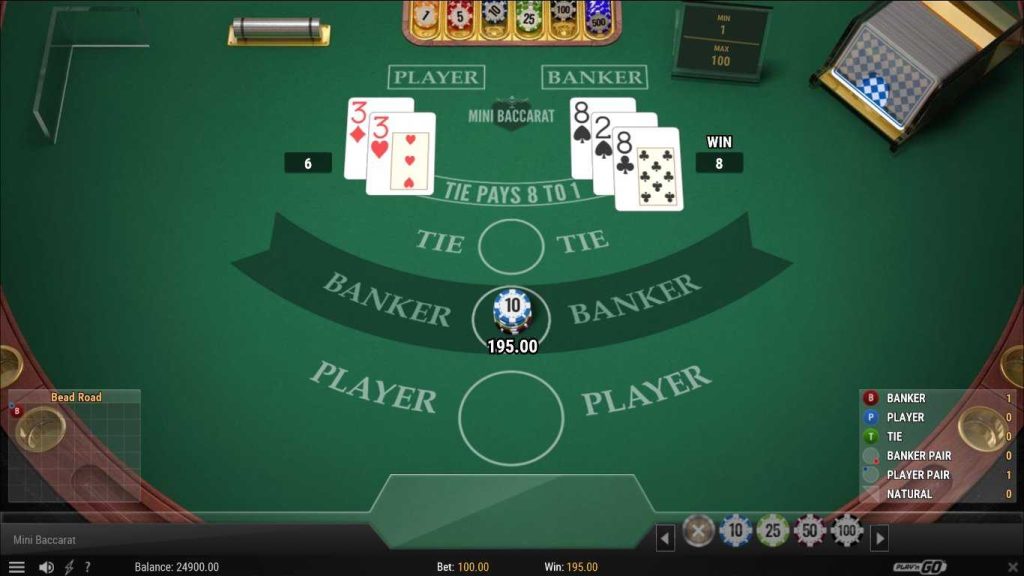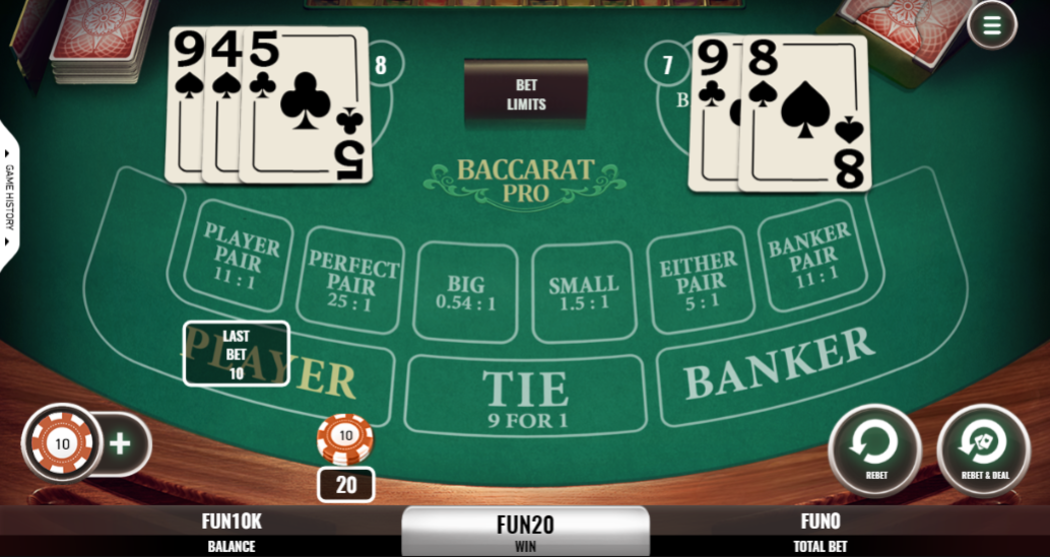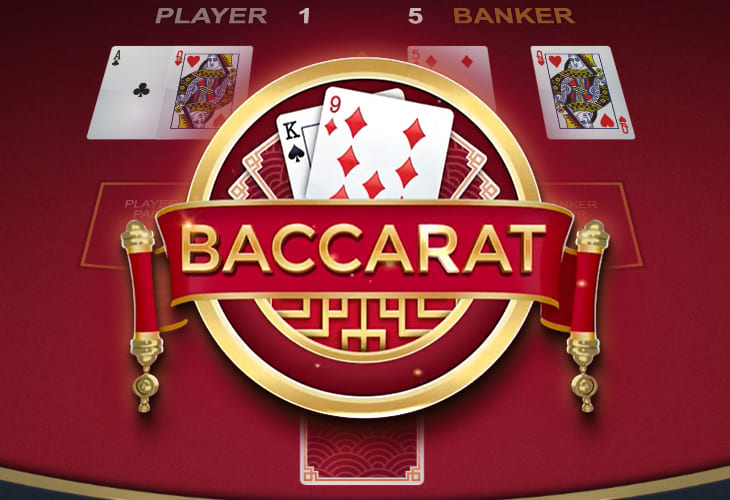Crypto casinos use blockchain infrastructure as the basis for all operations. The gaming platform integrates cryptocurrency wallets, smart contracts, and cryptographic protocols. Unlike traditional online services, where each transaction is serviced by a centralized operator, in crypto casinos, funds move directly between participants and the blockchain network. This system eliminates the intervention of intermediaries, speeds up processing, and ensures the immutability of operations.
The main technological mechanism is decentralization. A smart contract automatically manages betting conditions, calculates winnings, and credits funds. For example, the Rollbit platform uses a network mechanism based on Ethereum, providing instant payouts and absolute transparency of results. Payments do not go through banks or processing centers, so the platform does not block funds and does not require verification through banking channels. The key difference in how crypto casinos operate compared to traditional ones lies in asset management: while a classical system controls the user’s balance within a centralized account, the crypto format operates directly with public wallet addresses.
How Crypto Casinos Work in Terms of Transactions
Each financial operation is initiated from the player’s cryptocurrency wallet and directed to the blockchain. Wallets like MetaMask or Trust Wallet provide full asset management without platform involvement. After depositing, the system tracks the transaction by hash and credits the amount to the internal balance.
Processing speed depends on the blockchain’s load and the chosen currency. Confirmation in Solana or Polygon networks takes up to 10 seconds, in Ethereum — up to 3 minutes. The average commission ranges from $0.01 to $1, making this scheme more cost-effective than bank transfers. Crypto casinos do not require entering personal banking data. A QR code or cryptocurrency wallet address is sufficient for topping up. This structure is applied on platforms like BC.Game, Stake, FortuneJack, which accept dozens of currencies from Bitcoin to Tether and Litecoin.
Difference in Fund Deposit and Withdrawal Logic
Traditional casinos use bank cards, e-wallets, and payment aggregators. Funds are credited with a delay of up to 72 hours, and withdrawals require verification, creating discomfort for users.
How crypto casinos work — platforms implement instant operations: the balance is updated after a single blockchain confirmation. Withdrawals are processed in the same manner — without documents, limits, or operator commissions. For example, on the ThunderPick platform, withdrawing up to 5,000 USDT takes less than 5 minutes without geolocation restrictions.
Impact of Anonymity and Security
Blockchain technology ensures maximum privacy. A user does not create a personal account in the traditional sense — registration occurs through wallet connection. The system does not collect names, addresses, or contact information, preserving complete confidentiality.
Transaction protection is based on cryptographic protocols. No one can alter data in the blockchain, eliminating fraud from the operator’s side. Even in case of technical failure, a record of the deposit or win remains accessible forever. For example, on the TrustDice platform, a player manages bets through a smart contract, excluding interference from the casino. This approach, how crypto casinos operate, enhances trust and reduces risks, especially in jurisdictions with limited regulation.
Variety of Currencies and Topping-Up Methods: How Crypto Casinos Work
Platforms support dozens of digital assets. From standard Bitcoin to rare tokens like BNB, ZEN, DOGE. Thanks to a multi-currency system, crypto casinos automatically determine the exchange rate and convert the amount into the gaming balance.
List of the most popular topping-up methods:
- Direct transfer from a Metamask wallet to an internal address.
- Using a QR code on a mobile wallet (e.g., Trust Wallet).
- Through exchanges (Binance, Bybit) — with withdrawal to the specified casino address.
- Using P2P exchanges with automatic crediting.
- Anonymous cryptocurrency terminals with cash top-up.
These methods bypass banking systems and are suitable even for users from countries with restricted access to gambling sites. No KYC, passport data, or bank card is required.
Fair Gaming Principle: Provably Fair
Crypto casinos use provably fair algorithms. The mechanism operates based on an open hash confirming the randomness and independence of the result. Before starting a game, the system publishes the hash of the result. After the round ends, the user verifies it on a third-party service or in a built-in calculator.
For example, the BetFury platform publishes a hash at the beginning of each bingo round. After the game, the player checks it and ensures no tampering. This system significantly differs from random number generation algorithms on centralized servers of traditional casinos, where the result cannot be verified.
Advantages of Crypto Casinos Compared to Traditional Platforms
The difference of crypto casinos goes beyond the topping-up or withdrawal method. They offer a completely different interaction philosophy:
- Users retain full control over funds.
- Absence of platform commissions.
- Maximum transparency of algorithms.
- Fast operations without sum restrictions.
- Independence from regulation and blocks.
- Possibility to use DeFi protocols for bets.
Such an approach, how crypto casinos operate, is beneficial not only for advanced players but also for beginners who are not ready to provide personal data and depend on platform internal rules.
Jurisdictions and Regulation of Crypto Casinos
Traditional online casinos operate under licenses issued by regulatory bodies — most often Curacao, Malta, Gibraltar, Isle of Man. Each license requires strict compliance with norms: financial reporting, player verification, self-regulation systems. Crypto casinos are guided by different principles — autonomy, decentralization, and lack of geographical ties.
Jurisdictions accepting crypto casinos do not always issue a separate license. The platform obtains registration as a blockchain project or DAO structure. For example, many projects are registered in Panama, Seychelles, Saint Kitts and Nevis. These zones do not require KYC and allow global operations. The absence of centralized control does not mean the absence of obligations. Major platforms publish audits of smart contracts, reports on resistance to hacks, and system operation rules. These measures increase trust and compensate for the lack of traditional regulation.
Conclusion
How do crypto casinos work? Gaming platforms have transformed the gambling industry by offering autonomy, transparency, and financial independence. Smart contracts, multi-currency wallets, and the provably fair system have replaced traditional algorithms and processes. Unlike classical sites, crypto casinos give control to the user and provide access to the internal economy, creating a unique environment for bets, investments, and entertainment. The development of Web3, DeFi, and NFT will continue to expand functionality, enhancing the player’s role as a participant in the ecosystem, not just a consumer of content.










 Licensed casinos use identity verification as a tool to protect players from fraud, money laundering, and multi-accounting. Document verification, address verification, and source of income checks comply with anti-money laundering laws (AML/KYC). This excludes access by minors and protects the market from gray capital.
Licensed casinos use identity verification as a tool to protect players from fraud, money laundering, and multi-accounting. Document verification, address verification, and source of income checks comply with anti-money laundering laws (AML/KYC). This excludes access by minors and protects the market from gray capital. Why do online casinos need a license? The document regulates rules, confirms transparency, protects players’ interests, and keeps the market away from shadow schemes. The regulator sets RTP standards, controls payouts, verifies algorithms, and eliminates fraud. In licensed casinos, players receive clear regulations, access to support, legal protection, and guaranteed fairness. This builds trust, ensures stable gameplay, and reduces risks.
Why do online casinos need a license? The document regulates rules, confirms transparency, protects players’ interests, and keeps the market away from shadow schemes. The regulator sets RTP standards, controls payouts, verifies algorithms, and eliminates fraud. In licensed casinos, players receive clear regulations, access to support, legal protection, and guaranteed fairness. This builds trust, ensures stable gameplay, and reduces risks.
 The next stage of analysis is the payment policy. For newcomers, it is important to consider not only the number of deposit/withdrawal methods but also the regulations on operations, fees, and limits. Modern platforms offer support for dozens of payment methods: credit cards (Visa, Mastercard), e-wallets (Skrill, Neteller, Payeer), cryptocurrencies (BTC, ETH, USDT), as well as local methods for specific countries.
The next stage of analysis is the payment policy. For newcomers, it is important to consider not only the number of deposit/withdrawal methods but also the regulations on operations, fees, and limits. Modern platforms offer support for dozens of payment methods: credit cards (Visa, Mastercard), e-wallets (Skrill, Neteller, Payeer), cryptocurrencies (BTC, ETH, USDT), as well as local methods for specific countries. Rules for choosing an online casino for newcomers are not limited to first impressions, visual design, or bonus amounts. The decision requires a comprehensive analysis — from legal licenses to technical implementation nuances. A conscious approach to selecting a platform minimizes risks, increases the chances of fair play, and fosters a healthy attitude towards gaming. An online casino is not a means for instant earnings but an entertainment environment where victory depends not only on luck but also on choosing the right partner.
Rules for choosing an online casino for newcomers are not limited to first impressions, visual design, or bonus amounts. The decision requires a comprehensive analysis — from legal licenses to technical implementation nuances. A conscious approach to selecting a platform minimizes risks, increases the chances of fair play, and fosters a healthy attitude towards gaming. An online casino is not a means for instant earnings but an entertainment environment where victory depends not only on luck but also on choosing the right partner.











